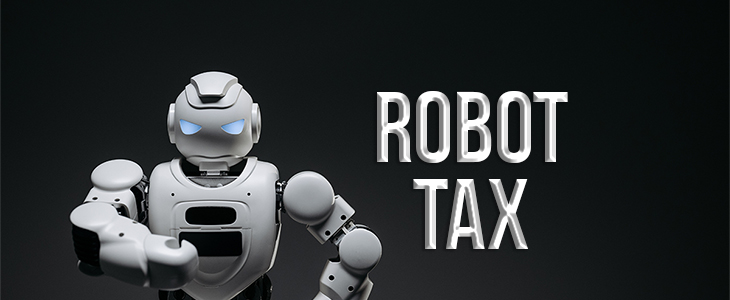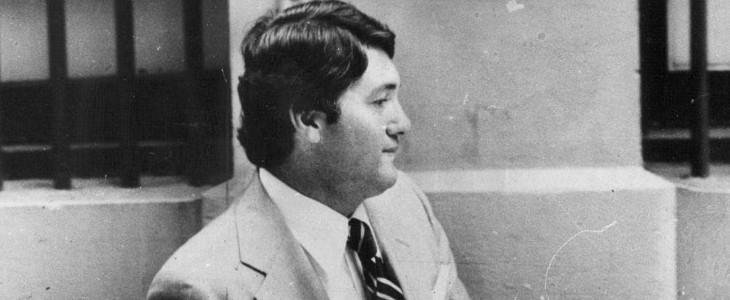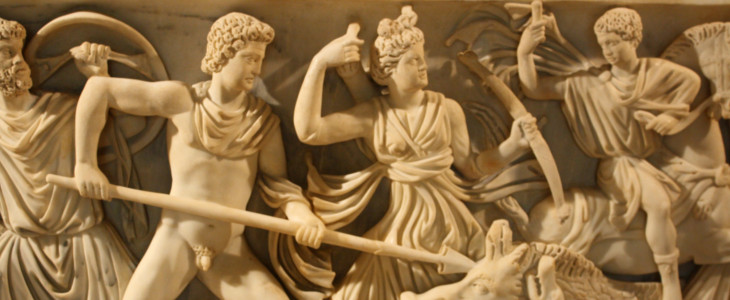In 2017, South Korea enacted the world's first robot tax. The law doesn't require robots to be taxed. Instead, they have reduced the tax breaks those investments in robotics previously enjoyed. South Korea's existing automation incentives of a three to seven per cent tax deduction for businesses investing in automation are reduced by two per…
Read More »Bitcoins most important characteristic is that it is decentralised so no single institution controls the Bitcoin network. Bitcoin is pseudonymous, meaning that funds are not tied to real-world entities but rather bitcoin addresses. Owners of bitcoin addresses are not explicitly identified, but all transactions on the blockchain are public. Bitcoin has been called a tax…
Read More »The People’s Republic of China is the world’s largest producer and consumer of tobacco. China produces 42% of the world’s cigarettes, has 350 million Chinese smokers, and smokes 33% of the world’s cigarettes. The annual taxes on Chinese cigarette sales amount to hundreds of billions of yuan, and account for 10% of government revenue. In…
Read More »A 6% sales tax on body piercing was introduced by the US state of Arkansas in 2005. The state also applies the 6% sales tax to hair removal and tattoo services. Tax planning to avoid the Arkansas piercings tax is as simple as crossing the state border to have the piercings done interstate. The six…
Read More »The luxury car tax (LCT) is a tax on cars with a GST inclusive value above the LCT threshold. The Australian government introduced the LCT on 1st July 2000 in conjunction with the removal of sales tax and the introduction of the Goods and Services Tax (GST). LCT is imposed at the rate of…
Read More »A carbon tax is a tax on energy sources that emit carbon. Carbon is present in coal, petroleum, and natural gas and converted to carbon dioxide and other products when combusted. In contrast, wind, sunlight, geothermal, hydropower and nuclear are non-combustion energy sources and do not convert hydrocarbons to CO. The objective of a carbon…
Read More »The Enterprise Investment Scheme (EIS) was launched in 1994 to encourage investments in small unquoted companies carrying on a qualifying trade in the United Kingdom. By their nature, unlisted companies are high risk and have low liquidity, so consequently have difficulty raising capital. The EIS was designed to offer investors tax relief to counterweight those…
Read More »In 1974 the UK’s top marginal tax rate of 83% applied to incomes over £20,000 (equivalent to £200,000 in 2018). In addition, passive investment income was hit with a 15% investment income surcharge which took the top rate to 98%. In 1974 750,000 people were in the 83% plus tax bracket. During this time senior…
Read More »Nugan Hand Bank was an infamous Australian merchant bank that was involved in drug smuggling, arranging weapons deals, providing a front for the United States CIA, money laundering and tax evasion schemes (including the Bottom of the Harbour). Nugan Hand Ltd was founded in Sydney in 1973 by Australian lawyer Francis John ‘Frank’ Nugan and…
Read More »Bottom of the harbour tax avoidance schemes involved stripping a company of its assets and leaving it with unpaid tax liabilities. The company was then sold to someone else (often the criminal elements of Melbourne dockworkers), who subsequently destroyed the company records and disappeared. The term ‘bottom of the harbour’ was coined by members of…
Read More »"You’d be stupid not to try to cut your tax bill and those that don’t are stupid in business"
- Bono: U2












